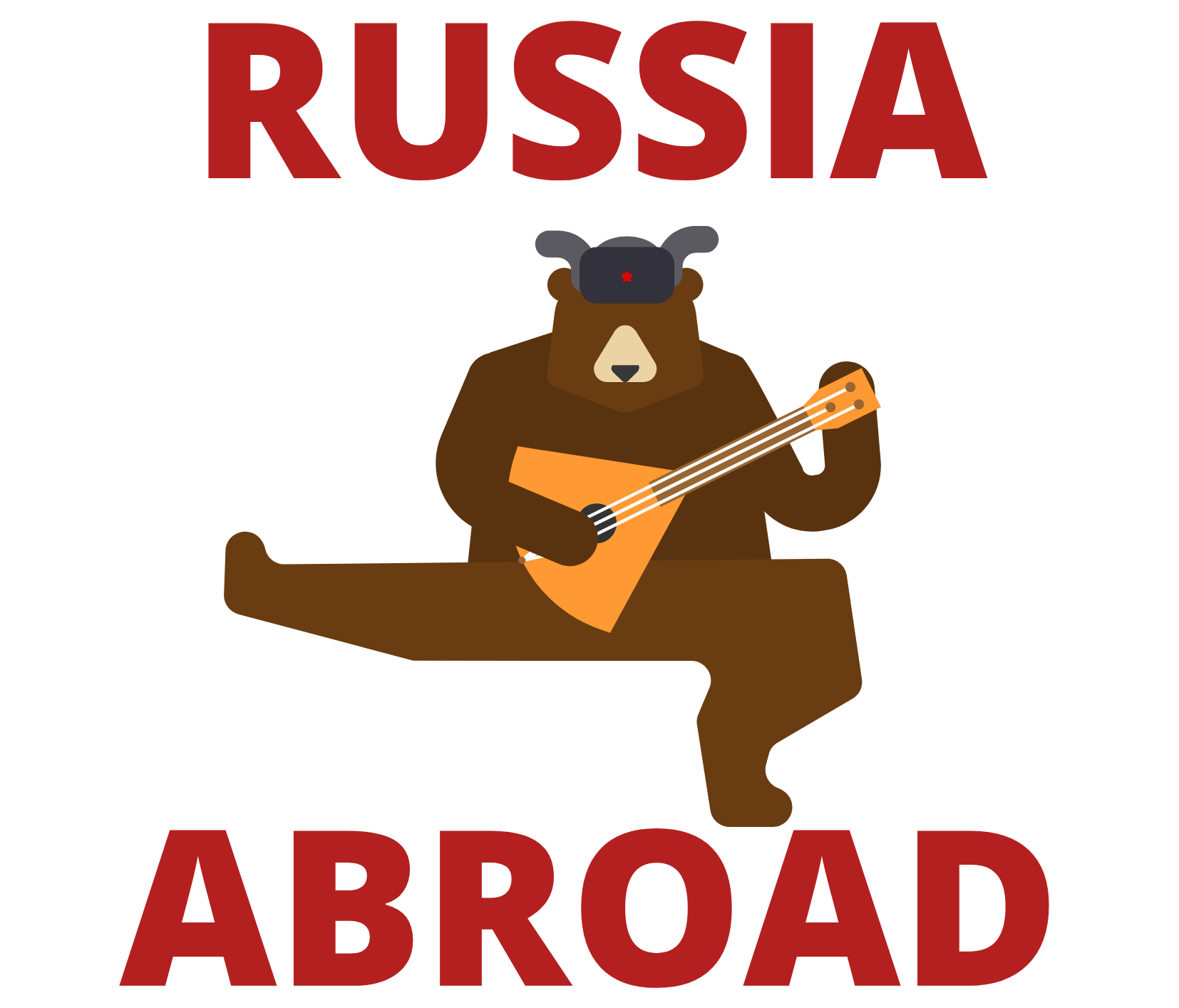If there’s one thing I’ve learned in Moscow this summer (and there certainly is, given the truly insane amount of incredible experiences I’ve already had in only a few short weeks), it’s that Russians love their monuments. Monuments to Pushkin and Bulgakov, Zhukov and Alexander Nevskii litter the streets of every Russian city – along those of a few less traditional heroes, such as Laika, the first dog in space, and Steve Jobs, who, although his iPhone shaped monument was removed from its place in St. Petersburg, remains an excellent example of Russia’s irrepressible love of monuments.
I first heard the story of Steve Jobs’ monument from my Russian host mother. We were sitting in the kitchen, eating dinner, and I was describing my trip to the Tretyakov Gallery, Moscow’s main museum of Russian art. In the course of our conversation, I mentioned the huge number of monuments I had seen throughout the city, both that day and throughout my first few weeks in the capital. At first, she was confused – partially by my fumbling Russian, but also partially by my question. Of course there where monuments everywhere. Don’t you have them in America too, she asked? Yes, I answered, but mostly to historical figures, and usually at their birthplace or a museum or something like that. I would be very surprised to find a monument to George Washington standing at a random intersection in America, and even more so if Washington was replaced by Steve Jobs.
The conversation soon turned to other topics, but I still find myself thinking about the monuments. I’m still not entirely sure why I find the idea of a monument to Steve Jobs so interesting. I’ve decided that it represents, among other things, a respect for innovation as a public service, an emphasis on commemorating average citizens (or dogs, in the case of Laika), and, above all, a desire to publicly remember everyone and everything deemed noteworthy. A funny story about a giant statue of an iPhone has turned into a fascinating experience that left me with a deeper understanding of Russian culture.
The best part is, this kind of thing happens all the time in Russia. It’s a combination of a bunch of things: being surrounded by people who are genuinely interested in hearing about your culture and explaining their own, teachers who are adept at explaining many of the unique aspects of Russian society, and simply the experience of spending weeks at a time surrounded by a completely different culture. Great little adventures are hiding around every corner for your entire time abroad. Even the most ordinary aspects of everyday life – a trip to the supermarket, riding the metro – become challenging, fascinating, and ultimately rewarding, as exercises in language but especially as cultural experiences. In my interactions with teachers, with my peer tutor, with other Russians both during program activities and on the streets of Moscow, I have learned more about Russian language and culture than I even knew existed before this summer. That, above all, is what has made this summer so incredible. New experiences are scattered around the streets of Moscow like monuments.
